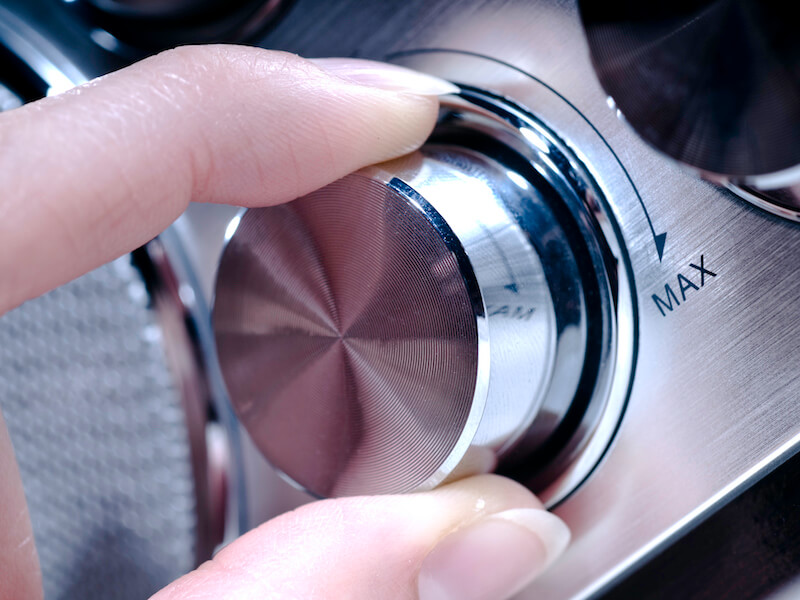
Sometimes, it’s easy to identify when you need medical help. When you break your leg, for example, you know you should go to the doctor (or the emergency room, depending on the situation). With situations like this, simply “toughing it out” isn’t a possibility. If you want your bones to mend correctly, you need to get them taken care of as soon as you can.
It isn’t always that clear cut when it comes to hearing aids, though. Hearing loss usually progresses really gradually over time. This means it’s not always simple to know when you might need to begin using hearing aids or to put off seeking treatment you know could be beneficial.
That’s why it’s a good idea to keep an eye out for some particular indicators that you might be losing your ability to communicate. It’s probably time to call us for a consultation if you do notice any.
Hearing loss and hearing aids
Hearing aids are the primary method of treatment for hearing loss. But everybody who has some level of hearing loss won’t automatically need hearing aids. Hearing aids won’t always be practical in cases of mild hearing loss. We may want you to hold off on using hearing aids as a result. Likewise, you may be instructed to wear hearing aids only in specific situations.
This means that just because you are diagnosed with hearing loss doesn’t mean you will necessarily need hearing aids.
But in many instances hearing aids will be the best answer. Because hearing loss can be a sneaky and gradual condition, many people don’t get a diagnosis until there’s been substantial damage. Getting your hearing examined regularly is the key to catching hearing loss early and possibly mitigating the need for hearing aids.
So how will you know if you have hearing loss?
Indications you need a hearing aid
Hearing loss is one of those conditions that can produce immediate communication obstacles. But lots of times you don’t even recognize that hearing loss is the cause of those communication problems. So, at what stage will a hearing aid help you?
Here are a few of the typical signs you should look out for:
- The volume on your devices is getting really loud: Hearing loss could be the cause if you continually need to turn the volume of your devices up. If you find individuals around you complaining about the high volume of your devices, this is particularly true.
- Phone conversations sound muffled: Even the highest quality phone speakers have a habit of flattening a voice. That can make it hard to understand, particularly if you have hearing loss. Again, particular frequencies are cut out and the outcome is that it’s very difficult to hear those voices.
- When people speak, you can’t always understand what they said: Many people don’t think they have hearing loss or need hearing aids because the total volume they hear seems fine. But the thing about hearing loss is that certain frequencies of sound often go before others. Which means that the vast majority of sounds might seem normal but things in the high frequencies (like certain vowels) will be distorted. This could cause you to have a difficult time making out what people are saying.
- When you’re in noisy locations, you have a tough time following conversations: This is probably one of the most prevalent symptoms of hearing loss. If you have trouble hearing conversations in loud places, that’s often a sure sign that you have hearing loss. That’s because your brain has trouble filling in the missing information that you lose when you have hearing impairment. As a result, there’s a lot of muffled conversations.
So how should you deal with it?
Clearly, you know exactly what you need to do when you break a bone! But what do you do when you begin to experience the symptoms of hearing loss? How severe does hearing loss need to be to call for a hearing aid? That’s not a really easy answer but you should schedule an appointment with us for a hearing assessment if you begin to notice any hearing loss symptoms. We will be able to let you know how severe your hearing loss is.
A hearing screening will also help you get the most effective hearing aids for your requirements if you do indeed need hearing aids. This means you’ll be able to get back to communicating with your friends and family, you’ll hear your grandkids when they give you a call, your co-workers at your morning meeting, and your friends at happy hour.
Call us for a hearing exam so we can help you improve your quality of life.
